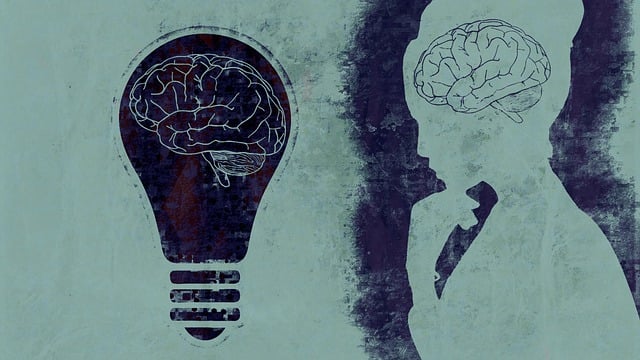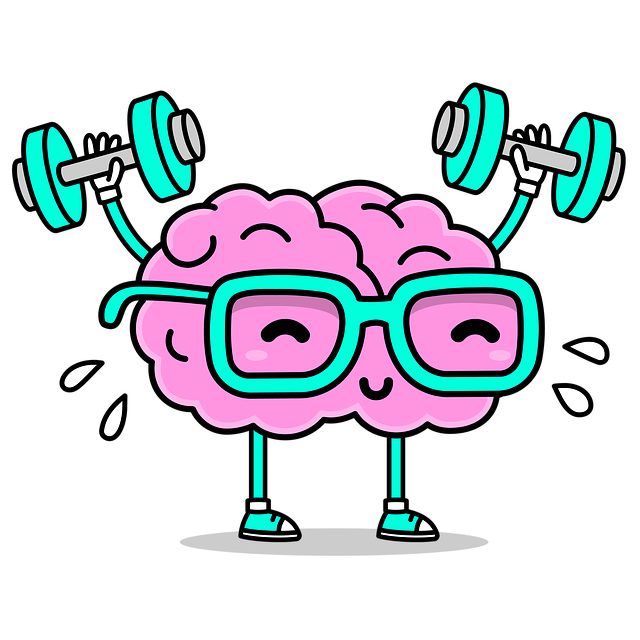Resilience-focused therapies, employing the RFM (Resilience, Flexibility, Mastery) framework, are transforming the approach to therapy for gender identity. By integrating exercises that build mental fortitude, self-awareness practices, and tailored education, therapists empower individuals to navigate challenges, understand their gender identities more deeply, and improve mental health outcomes. This holistic method, incorporating structured workshops and regular sessions, promotes emotional intelligence, mindfulness, and self-acceptance, fostering confidence in one's unique identity.
“Unleashing resilience is a pivotal aspect of therapy, especially in addressing gender identity issues. This article explores the power of RFM (Resilience, Flexibility, Mastery), a transformative framework within gender identity therapy. We’ll guide you through the process, from understanding RFM’s foundational role to implementing effective resilience-building exercises.
Learn how these exercises can enhance personal growth and well-being, offering practical tools for individuals navigating their gender identity journey.”
- Understanding RFM and Its Role in Gender Identity Therapy
- Implementing Resilience-Building Exercises: A Step-by-Step Guide
- The Impact of RFM on Personal Growth and Well-being
Understanding RFM and Its Role in Gender Identity Therapy

Resilience is a cornerstone in the journey towards healing and well-being, especially for individuals navigating therapy for gender identity. RFM (Resilience, Flexibility, and Mastery) is a framework that recognizes the importance of building resilience as a key component in mental health treatment. This approach is particularly relevant in addressing the unique challenges faced by transgender and non-binary folks. By integrating resilience building exercises into therapy for gender identity, professionals can empower individuals to develop effective coping mechanisms and enhance their overall mental health.
Incorporating self-awareness exercises tailored to RFM principles allows for a deeper exploration of one’s thoughts, emotions, and behaviors related to gender identity. This process facilitates a more nuanced understanding of personal strengths and areas that may require support. Moreover, designing mental health education programs centered around RFM can provide individuals with valuable tools to navigate societal challenges, foster self-acceptance, and promote positive mental health outcomes in the context of their gender identities.
Implementing Resilience-Building Exercises: A Step-by-Step Guide

Implementing Resilience-Building Exercises involves a structured approach to enhance individuals’ ability to cope with challenges and navigate life’s complexities, especially for those seeking therapy for gender identity issues or other mental health concerns. Here is a step-by-step guide to help organizations create a supportive environment fostering resilience.
Start by evaluating the current resources and needs within your organization. Identify potential barriers that might hinder participation, such as time constraints or lack of awareness. Subsequently, design workshops focused on stress management techniques tailored to diverse audiences. Incorporate interactive activities promoting emotional intelligence, encouraging self-reflection, and teaching practical skills for managing stress and adversity. Regularly schedule these sessions, ensuring they become an integral part of the organization’s culture, fostering open conversations about mental health and well-being.
The Impact of RFM on Personal Growth and Well-being

The implementation of RFM (Resilience, Flexibility, and Mindfulness) exercises has a profound impact on personal growth and overall well-being, especially for individuals navigating therapy for gender identity. These practices empower people to build mental resilience, fostering an environment where self-acceptance and self-care can flourish. By integrating mindfulness techniques, individuals learn to be present with their thoughts and emotions, enhancing their ability to manage stress and anxiety. This, in turn, contributes to improved self-esteem and a more positive self-image.
Furthermore, RFM exercises support the development of a robust self-care routine, which is essential for maintaining good mental health. Engaging in regular practice sessions can transform challenges into opportunities for growth, encouraging individuals to embrace their unique identities with confidence. This holistic approach not only complements therapy for gender identity but also serves as a valuable tool for personal transformation and overall mental wellness.
Resilience-focused therapy, incorporating techniques like RFM, offers a powerful approach to support individuals navigating gender identity challenges. By fostering resilience, these exercises empower people to overcome obstacles and promote overall well-being. The implementation of structured activities, as outlined in this guide, can significantly enhance therapy outcomes, enabling clients to build mental fortitude and thrive in their personal growth journeys. This evidence-based method has the potential to revolutionize gender identity therapy, providing a supportive framework for those seeking to embrace their authentic selves.









